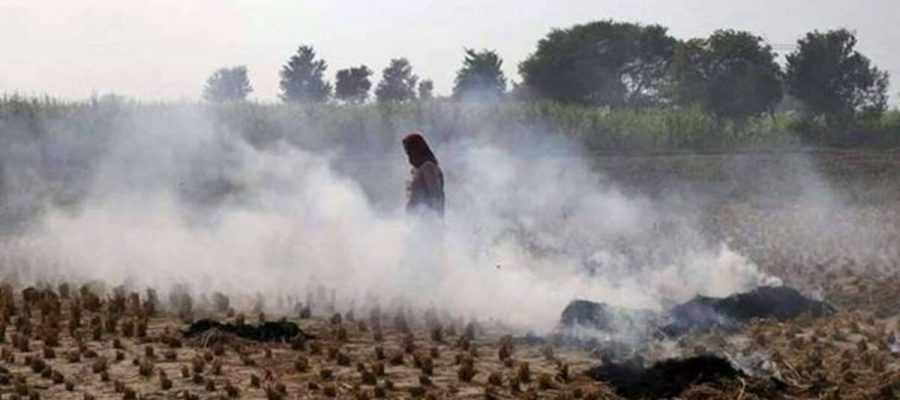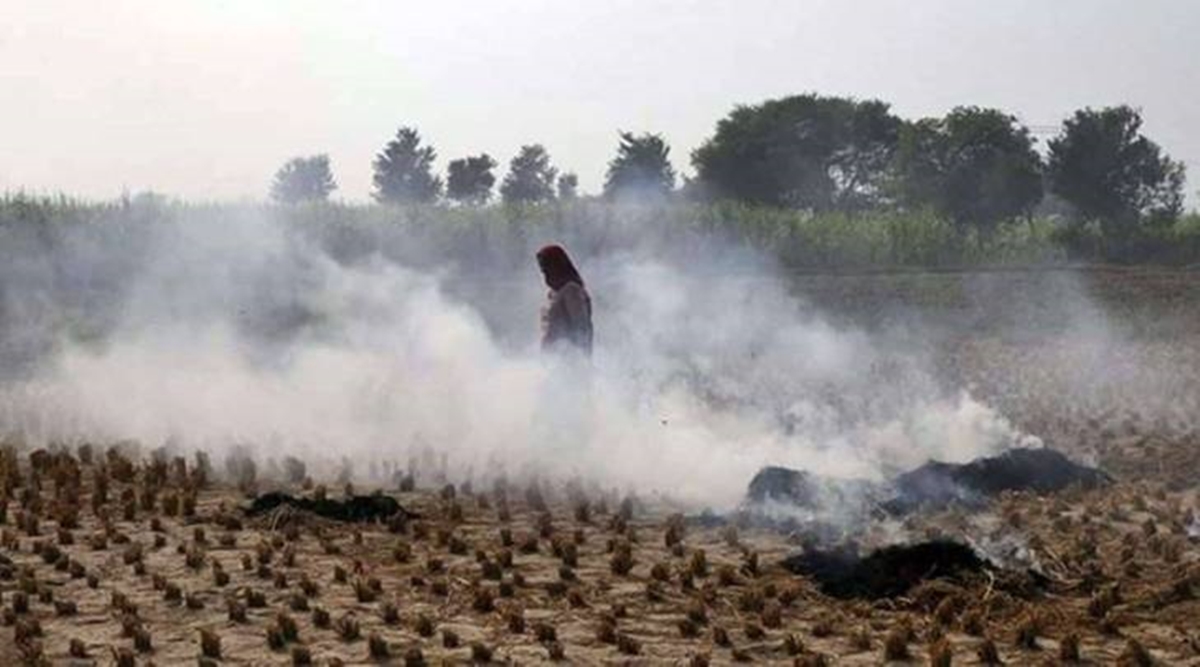Quoting an audit report, Kejriwal said that 90 per cent of farmers told that paddy stubble decomposed within 15-20 days. The solution was used in fields in Delhi last year in October.
The bio-decomposer developed by the Indian Agriculture Research Institute (IARI) has been successful in decomposing paddy stubble at a quick rate, and is a viable option for farmers who usually set fire to paddy residue, Delhi Chief Minister Arvind Kejriwal said on Monday.
Quoting an audit report, Kejriwal said that 90 per cent of farmers told that paddy stubble decomposed within 15-20 days. The solution was used in fields in Delhi last year in October.
Developed by IARI scientists, the decomposer is essentially a fungi-based liquid solution that can soften hard stubble to the extent that it can be easily mixed with soil in the field to act as compost.
Seven strains of fungi are packed into four capsules, which cost about Rs 20 per pack of four. It has to be mixed into 25 litres of water mixed with 150 grams of jaggery, 50 grams of gram flour to create the bio-decomposer.

“The Air Quality Commission said a third-party audit of the decomposer and its results should be conducted. The Centre asked WAPCOS, a central agency, to conduct this audit and they spoke to 79 farmers in 15 villages and four districts. The report has now come out and it says the farmers are very happy with the results,” Kejriwal said.
As per the findings shared by the CM, 90% of the farmers said the stubble decomposed within 15-20 days and the land was ready for the next crop. While they had to earlier plough the field 6-7 times before sowing the new crop, after using the decomposed, this came down to once or twice. Kejriwal said the soil quality also improved as the percentage of organic carbon increased by up to 40%, Nitrogen by 24% and bacteria that improve soil quality increased by 7%. He also said that sprouting of wheat increased by 17-20% and the use of Di-ammonium Phosphate (DAP) fertiliser reduced. The overall wheat production increase by 8%, he added.
Kejriwal said that the decomposed was used on close to 2,000 acres of land in Delhi and was paid for by the government.
“Air quality in Delhi will start deteriorating around October 10 and this will continue till the end of November, as this is the period for stubble burning. We have been experiencing clean air and Delhi has managed to control pollution to a large extent but during this period, air quality dips because of stubble burning. Till now, there has been a blame game between state governments and the centre. We can’t go one like this and need solutions. We found a solution last year in the Pusa decomposer… We cannot continue to blame and penalise farmers as the government have not provided any viable solutions so far… The farmers in Delhi are very happy with this intervention. Farmers in nearby states can be happy too if the Centre tells the governments to use it too. State governments should spray the decomposer for free farmers’ fields. It is a cheap solution,” he said.
The CM said he will meet the union environment minister in a couple of days with the report.
Source: Read Full Article


